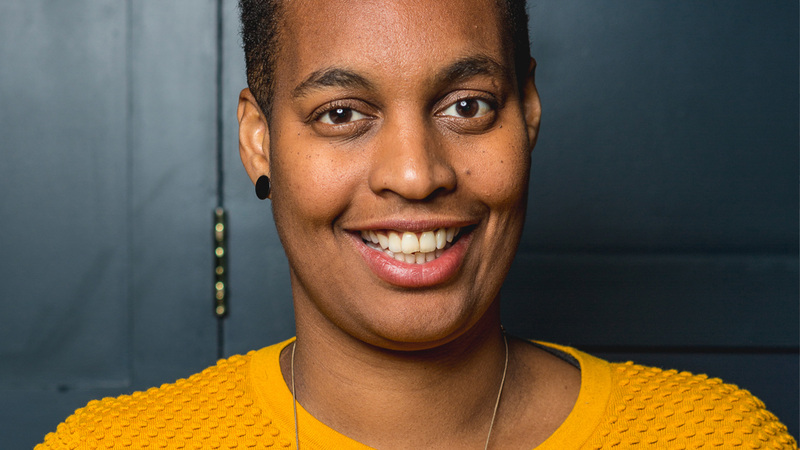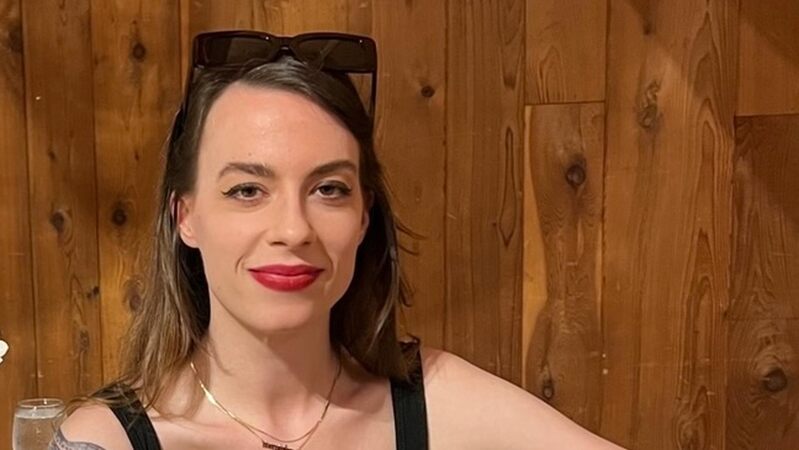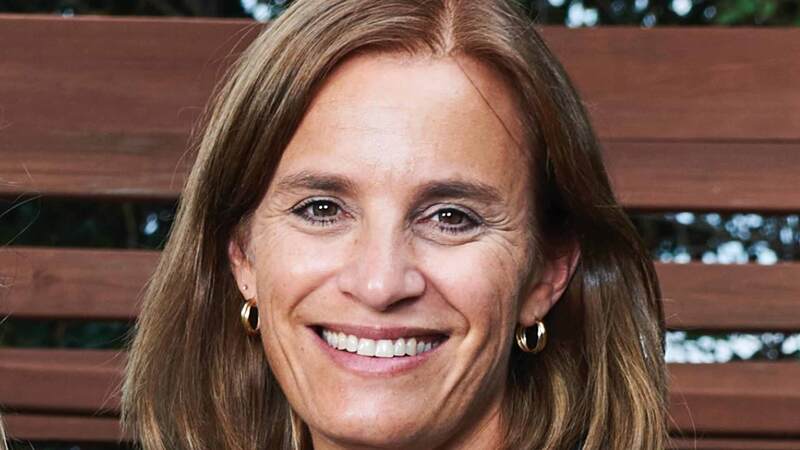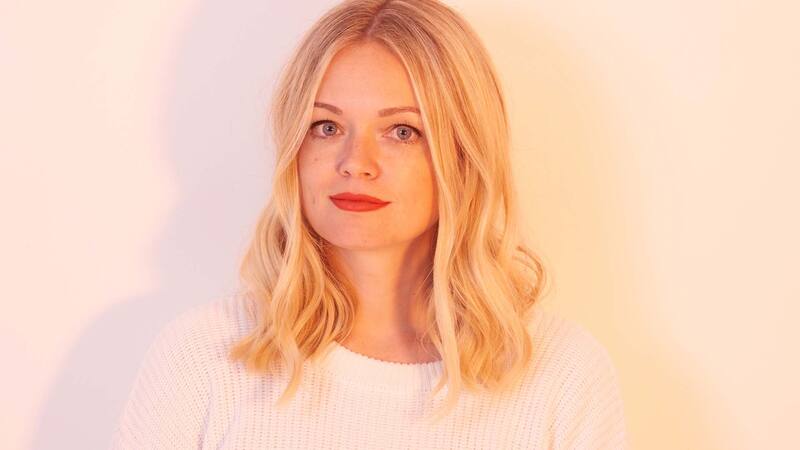You are viewing your 1 free article this month. Login to read more articles.
From the Zuckerberg effect to effectively telling stories
The news that Mark Zuckerberg’s New Year’s resolution is to read a book every two weeks and that he has set up an online book club called “the year of books”, is an exciting way for the books industry to begin 2015. It also taps into one of the big questions the industry faces: how to get books to new audiences.
How far will we as an industry succeed this year in positively disrupting audience diversification and increasing participation?
When writing about his new online book club, Zuckerberg commented, “I’m looking forward to shifting more of my media diet towards reading books”.
There is a tendency within the industry to think that because those of us within it, are interested in, find the time to, and enjoy reading, that this is true of everybody in society. The reality is that many people’s ‘media diets’ are overloaded with other forms of entertainment and books are often seen as the equivalent of an undesirable healthy side salad. This is probably most true for the demographic we should be most concerned about, 16-24 year olds who remain the second least literate in the UK across the developed world, but are also quite literally our future audience (not to mention the parents/future parents of potential future future audiences).
So how do we re-invent books for disinterested or apathetic audiences whose media diets are lacking the nutrition of books, particularly amongst 16-24 year olds but across the whole of society? It’s not enough to just rely on the likes of Zuckerberg and Zoella.
We need to stop defining and confining the content we bring to market within the limitations of what we traditionally think of as ‘books’ and ‘e-books’ and to start telling stories across a multitude of mediums and platforms. Whether it’s a six word story printed on a t-shirt, a digital native e-book combining music, video, pictures and words weaved together to tell a narrative, or an audio podcast with downloadable art and words, as storytellers it’s time to reclaim our fair share and proportion of society’s media diets.
Branching out from the norm
The disintermediation of storytelling across entertainment forms as a way to keep audiences engaged, is neither new or limited to book publishing. Elsewhere there has already been a shift from artists and industries towards branching out from the norm to ensure their particular offering remains a staple of consumer’s multi-media diets. Beyonce’s self entitled ‘visual album’, released at the end of 2013 as a digital exclusive on iTunes, included a video for every song. This was a new breed of ‘concept album’. It brought to life the concept that an album could be more than a combination of words and music. It was consciously developed as an audio-visual medium that included non-linear short films to create in Beyonce’s word’s “an immersive experience”. It was a definite turning point but just one example of many. At the end of 2014, Maya Angelou’s 1969 autobiography, I Know Why The Caged Bird Sings, was re-imagined as a Hip Hop album entitled, Caged Bird Songs. It was the last project Dr Angelou was involved in before she died and her grandson commented “she had a lot of energy around it … She saw hip-hop as this generation’s way of speaking and conveying a message”.
We must not only replicate or mimic other entertainment forms but use our long history and expertise when it comes to storytelling to lead, experiment, pioneer and innovate the way we tell stories and how we bring those stories to market. This is why I was so excited to see Malorie Blackman launch ‘Project Remix’ last year. An open call for anyone aged between 13-19 to “come up with their own creative responses to literature”. Project Remix is a competition to encourage “young people to view literature in fresh and exciting ways”. As Malorie went on to say, “imagine Jane Austen’s Pride and Prejudice remixed into a drum and bass anthem or saxophone solo”.
The possibilities are endless and I hope 2015 will bring with it a new confidence to take more risks (particularly from the larger houses). There needs to be an acknowledgement that if we start putting more of our energies into engaging the non-traditional book reader, we will be rewarded by greater sales (across physical and digital) as well as a more inclusive, engaging and accessible world of books. If 2014 was about steadying ships, let’s make 2015 all about positively rocking boats.
Crystal Mahey-Morgan is the founder of OWN IT! Entertainment Limited. She was previously group online / digital account manager at Penguin Random House


















